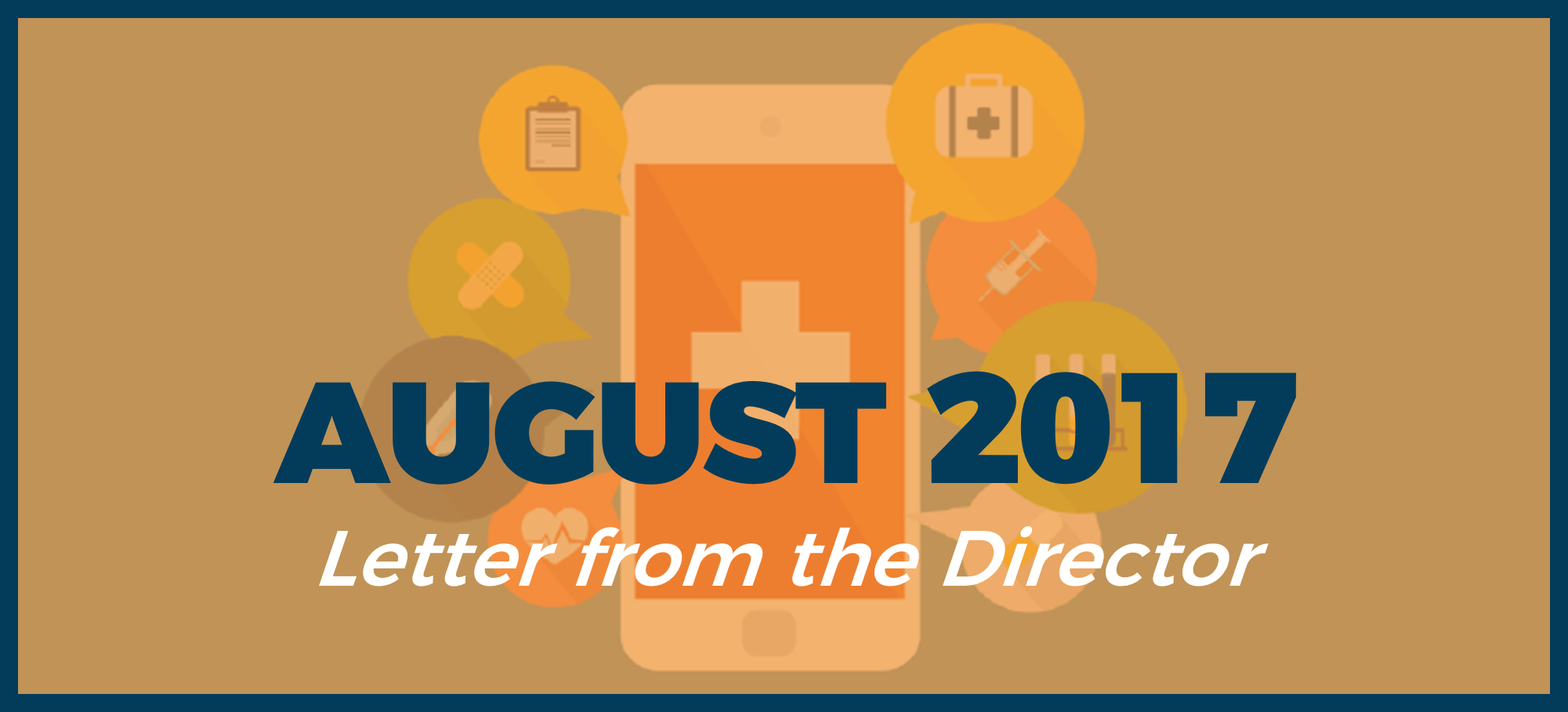Few U.S. health professionals are adequately trained in the prevention and management of obesity. Only 1 in 4 physicians feel prepared to effectively counsel patients on healthy eating and physical activity. Along with more than 20 health provider organizations, I recently co-led the development of the first-ever educational competencies for the prevention and management of obesity; the next critical step will be their adaptation into curricula and testing for professional certification. Innovative efforts to improve training in obesity care are already underway in several of our nation’s leading medical training programs. Still, there is a pressing need to equip practicing health professionals with tools that better support their patients’ healthy weight management efforts.
To this end, we feature below several free resources that providers can use when counseling patients on obesity. We encourage you to evaluate and incorporate these resources into your practice. We also encourage patients and advocates to explore these resources and discuss them with your healthcare providers, colleagues, family, and friends. We encourage policy makers to continue funding organizations that cultivate and expand access to similar evidence-based tools that can improve care for patients with obesity.
![]() Exercise is Medicine (EIM)® encourages primary care physicians and other health care providers to include physical activity when designing treatment plans and to refer patients to exercise programs and specialists.
Exercise is Medicine (EIM)® encourages primary care physicians and other health care providers to include physical activity when designing treatment plans and to refer patients to exercise programs and specialists.
- Physical Activity Rx Pad: Providing a written prescription encourages patients to become more physically active
- Healthcare Providers’ Action Guide: Guidance on how to promote physical activity in a clinical setting using basic motivational interviewing techniques
- ACSM ProFinder Tool: Locate exercise professionals and refer patients in need of additional support
![]() ParkRx is a collaboration of healthcare providers, public land agencies, and community partners advancing the use of parks, trails, and open space to improve individual and community health. Their free Park Prescription programs give healthcare providers a new set of tools to inspire patients to take proactive steps to improve their health.
ParkRx is a collaboration of healthcare providers, public land agencies, and community partners advancing the use of parks, trails, and open space to improve individual and community health. Their free Park Prescription programs give healthcare providers a new set of tools to inspire patients to take proactive steps to improve their health.
- Park Prescriptions: Resources and profiles for connecting patients with parks
- Park Locator: Search for parks nationwide by location and activity of interest
 FVRx® (Fruit & Vegetable Prescription) & Doubling SNAP programs—both facilitated by Wholesome Wave—incentivize the purchase of fruit and vegetables and increase access to affordable and fresh local food for low-income households. The programs are available through a national network of 1,400+ healthcare providers, hospitals, clinics, grocery stores, farmers markets, researchers, and non-profits.
FVRx® (Fruit & Vegetable Prescription) & Doubling SNAP programs—both facilitated by Wholesome Wave—incentivize the purchase of fruit and vegetables and increase access to affordable and fresh local food for low-income households. The programs are available through a national network of 1,400+ healthcare providers, hospitals, clinics, grocery stores, farmers markets, researchers, and non-profits.
- SNAP-Ed Toolkit: Basic nutrition education curriculum complete with one-page handouts to help patients increase their fruit and veggie intake on a budget
- Partner Map: Identify participating healthcare facilities, farmers markets, and grocery stores in each state
NOTE: In the D.C. Greens program, patient retention for wellness visits increased by 62% among FVRx participants. Program names and structure vary by location.
 USDA Supertracker is an, interactive food, physical activity, and weight tracking tool that serves as the public interface for the Dietary Guidelines for Americans. This free, comprehensive resource integrates MyPlate’s healthy eating tools into a clean, user-friendly interface that enables patients to track food and physical activity, develop personalized weight management plans, monitor progress toward selected health goals, and generate detailed reports to review or share with their healthcare providers.
USDA Supertracker is an, interactive food, physical activity, and weight tracking tool that serves as the public interface for the Dietary Guidelines for Americans. This free, comprehensive resource integrates MyPlate’s healthy eating tools into a clean, user-friendly interface that enables patients to track food and physical activity, develop personalized weight management plans, monitor progress toward selected health goals, and generate detailed reports to review or share with their healthcare providers.
- Food Tracker: Search and select from 8,000+ items pre-loaded into the Food-A-Pedia database or manually enter recipes to manage meal and calorie goals
- Physical Activity Tracker: Search and add daily activities or connect a FitBit to load physical activity data automatically
- My Journal: Document meal locations, unusual experiences, daily activities, mood, and other details that might help to identify triggers associated with changes in health behaviors and weight
- SuperTracker Groups: Group leaders—e.g. parents, employers, educators, health professionals—send custom invites, create team challenges, and track participant progress on a variety of metrics


